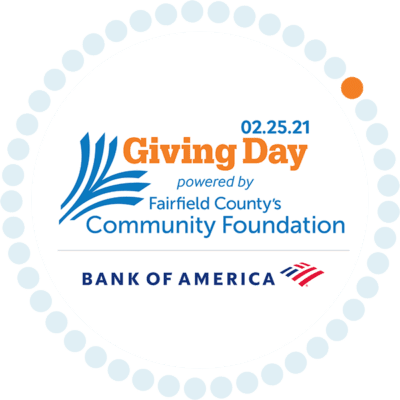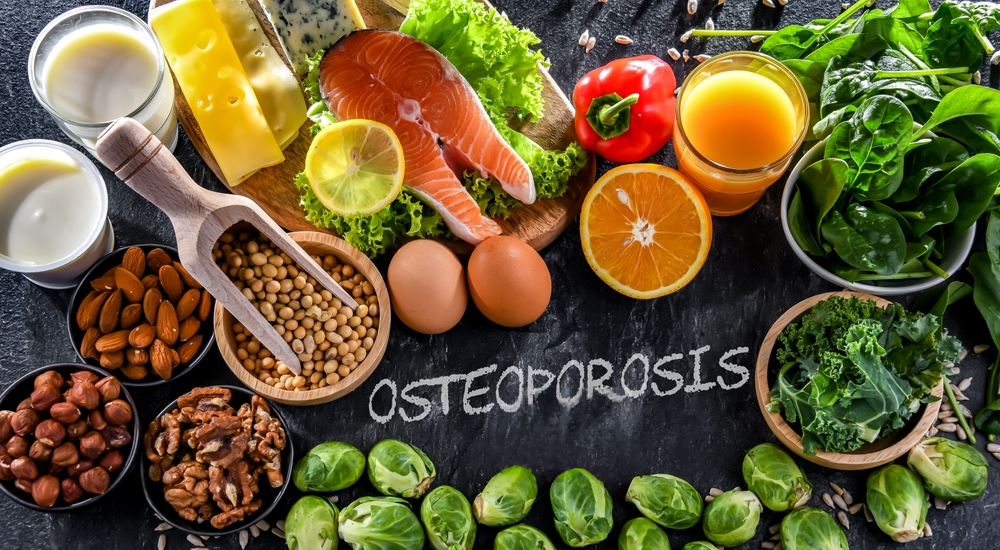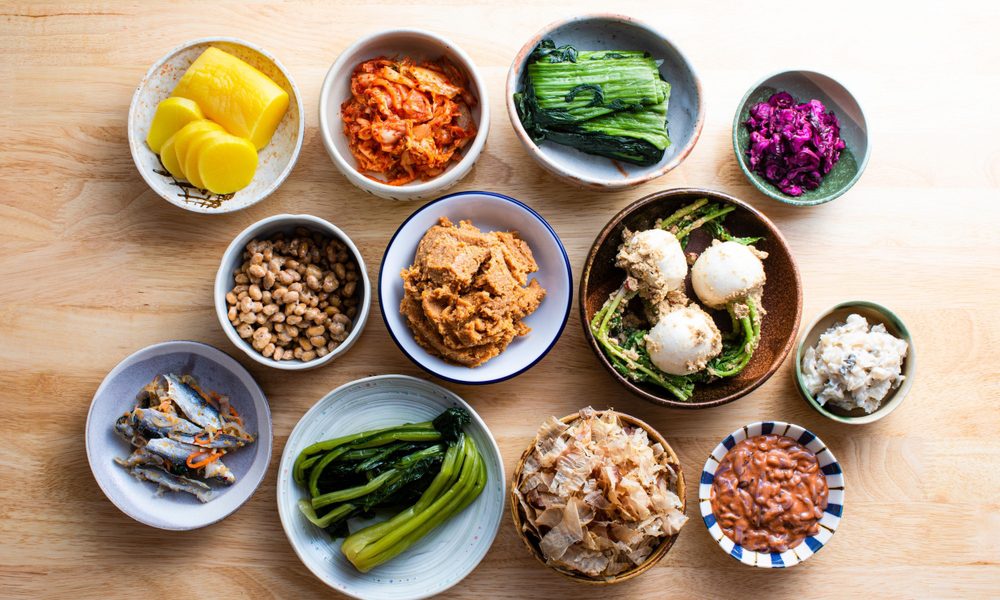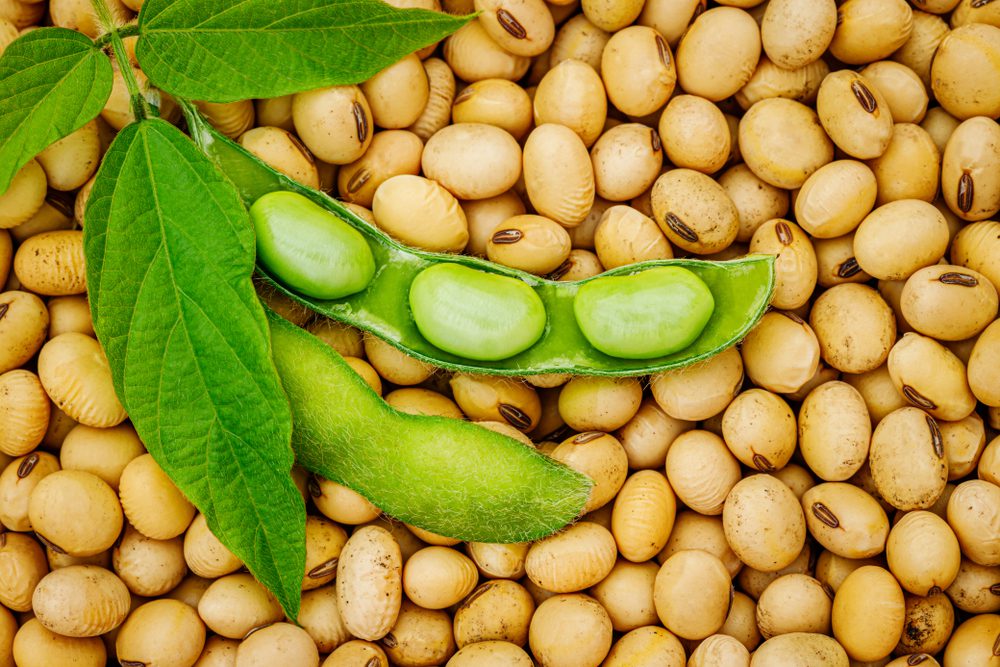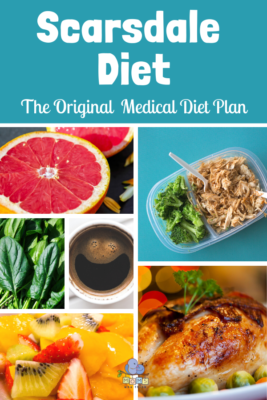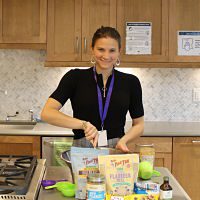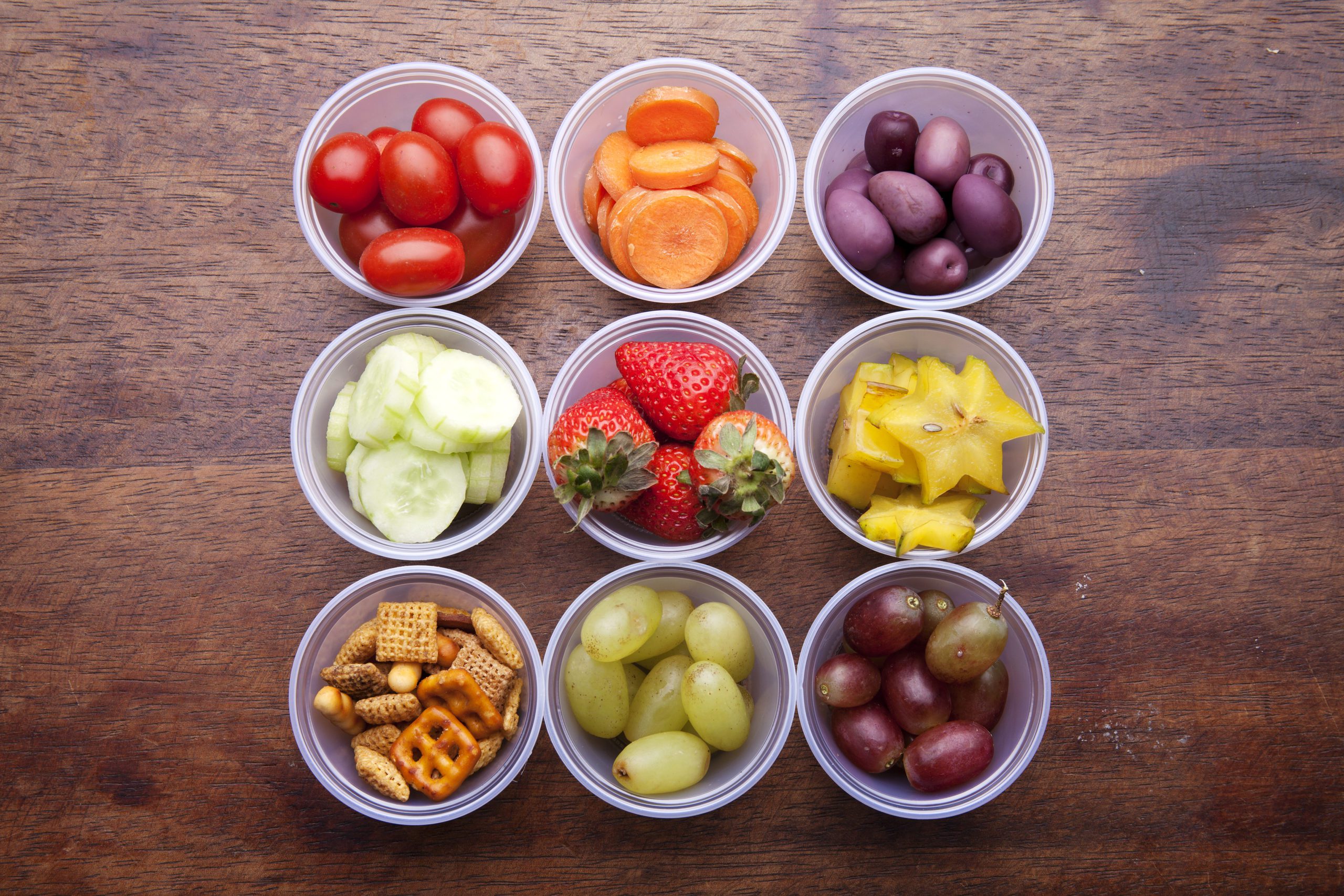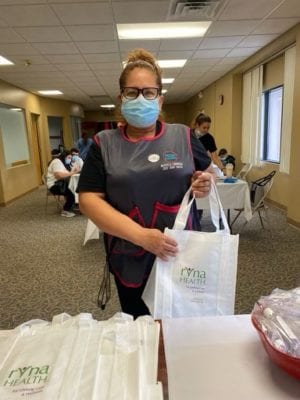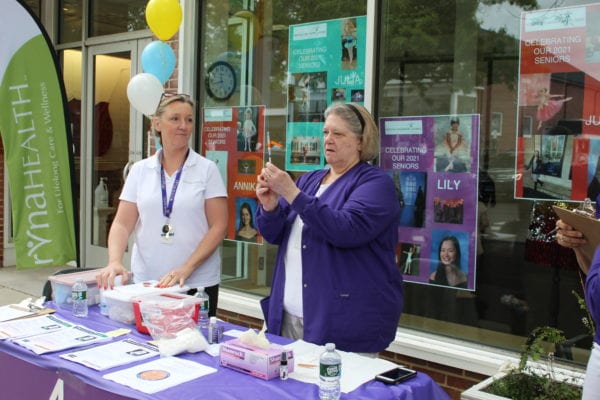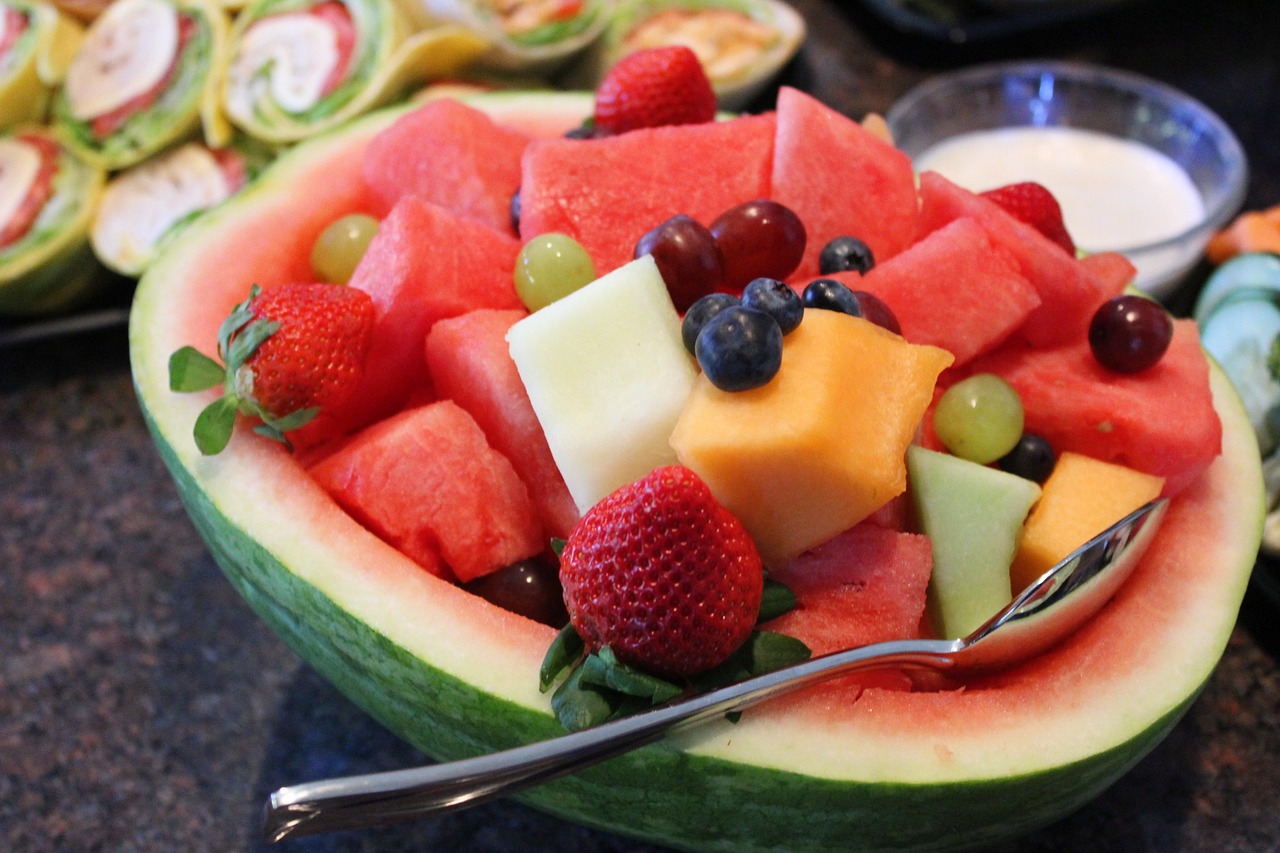We know! We need to drink more water. Every single day without fail and a single cup won’t do. Correct?
Correct. For those of us who hydrate regularly, we know our bodies catch on. The more water we drink, the more we like it, the better we feel, the more we want it. When we’re low, we notice.
How Much Water?
A simple question but with no single answer. The CDC states that “daily water intake recommendations vary by age, sex, pregnancy status, activity level, and breastfeeding status.”
For the average, healthy individual, current studies suggest that men need 15.5 cups of water and women need 11.5 cups of water. “Whoa,” you may be thinking, “that’s a lot more than the old eight cups of water standard!” To put you at ease, these numbers include all sources of water from all drinks and food. In reality, many average individuals can get away with 4 to 6 cups of plain water and obtain their additional needed intake through other sources such as coffee, tea, juice, fruits, and vegetables.
“And it’s a myth that caffeinated beverages or those containing alcohol are dehydrating because they make you urinate. They do, but over the course of the day, the water from these beverages still leads to a net positive contribution to total fluid consumption,” says Howard E. LeWine, MD, Chief Medical Editor, Harvard Health Publishing.
But…How Much Water for Me?
Your doctor or dietitian is the best place to start for your situation. For most individuals, the two basic starting points to answering this question is your level of thirst and color of your urine. Feeling thirsty is a clear indicator that your body needs more water. And pale yellow or straw-colored urine typically indicates proper hydration, while darker urine may signal dehydration.
If you have a health condition that impacts your need for water – always follow the recommendations that your physician provides.
Are all waters created equal?
Mineral water is typically from a natural, spring-fed source that contains minerals from the rock/ground surrounding the area. Overall, mineral water can be a healthy addition to your diet, providing you with essential minerals and aiding in hydration. However, it’s important to consider your specific dietary needs and environmental impact when choosing mineral water. Be aware of sodium content (if that is important to you) and ensure water is sourced from a reputable company that guarantees purity and adheres to safety standards.
Purified (including Distilled) water is a good choice for safe and clean drinking water. It removes harmful contaminants and improves taste and odor, making it suitable for daily hydration and other household uses. Purified water is obtained through various methods such as distillation, reverse osmosis, deionization, and carbon filtration. However, purified water may lack the natural minerals found in mineral or spring water. While this is generally not a concern for most people, some might prefer water with minerals for taste or health benefits.
Alkaline water is water that has minerals dissolved into it that raise the pH to a more alkaline level. Some studies have suggested that alkaline water can offer certain health benefits, particularly for hydration and acid neutralization. However, the scientific evidence is not conclusive, and more research is needed to fully understand its effects. Note on water pH, if your water is acidic or too alkaline (aka ‘hard water’), that could be a tad problematic for your teeth, stomach and appliances! We recommend alkaline water with a known pH of 7.1 – 9.5.
Seltzer water, also known as carbonated or sparkling water, can be a good choice for hydration and is generally safe to drink. Seltzer is a great alternative to sugary drinks and sodas when you have a taste for a bubbly treat with flavor. However, be mindful of potential dental effects (the carbonation creates carbonic acid which can potentially erode tooth enamel over time), gas and bloating (carbonation can cause gas and bloating in some individuals, and gastrointestinal issues, such as irritable bowel syndrome (IBS), might find these symptoms more pronounced), can sodium content (check the labels to choose a low-sodium or sodium-free option if that is a concern for you).
And finally, Tap water. Tap water is cheap, safe, accessible, contains local minerals, and is environmentally friendly. To ensure the safety of your tap water, check local water quality reports, consider using a home filtration system, and stay informed about any local advisories or issues. If you have a well, be sure to test your water yearly.
The upshot: Drink water! Let your specific health and preferences dictate what will get and keep you hydrated.


